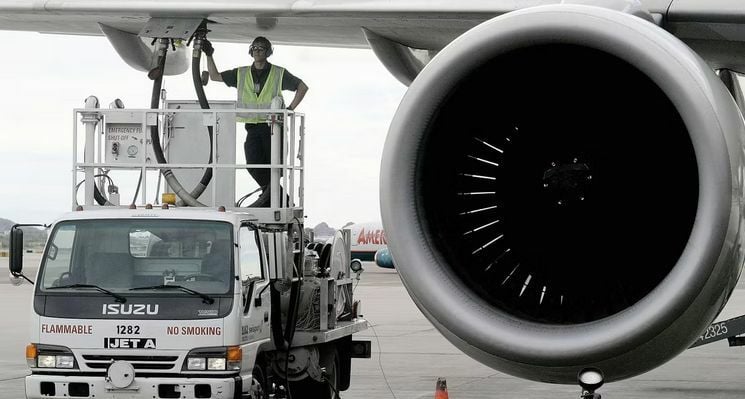Jet fuel tax relief losing altitude, says deputy finance minister

The Finance Ministry appears unlikely to extend the jet fuel excise tax reduction, which was initially introduced during the Covid-19 pandemic, stated Deputy Finance Minister Julapun Amornvivat.
Julapun addressed a recent proposal by a group of budget airlines seeking further reductions in the jet fuel excise tax. He remarked that such requests are not of immediate importance.
Julapun highlighted that tax measures aimed at supporting specific businesses must be carefully evaluated to determine if the public genuinely benefits from such measures and if alternative options are available.
“Airlines are just one of many travel options…While air travel is popular, many travellers also use other modes of transport.”
However, he reassured that the ministry has not disregarded the importance of the airline industry, viewing it as a crucial component for boosting tourism.
“The government has steadily increased its target for foreign tourists, now aiming for 36.7 million this year, with expectations to surpass this number.
“Higher tourism revenue partially benefits the airline industry, and initial reports indicate that airlines, which faced significant losses during the pandemic, have now returned to profitability.”
Julapun urged domestic airlines to reduce airfares and boost flight frequencies to underserved regions, regardless of the government’s stance on extending the jet fuel excise tax cut, reported Bangkok Post.
“There have been ongoing discussions about domestic airfares, which are significantly higher compared to those of neighbouring countries.”
Currently, the jet fuel excise tax rate stands at 4.726 baht per litre. During the pandemic, due to reduced passenger demand in the midst of a lockdown, the government reduced the aviation fuel excise tax to 0.20 baht per litre from April 10, 2020, to April 30, 2023.
In separate news, efforts by the Thailand government to cap energy prices, and diesel subsidies may appease the public in the short term, but there are growing concerns about the long-term implications on fuel consumption.
Latest Thailand News
Follow The Thaiger on Google News:


























